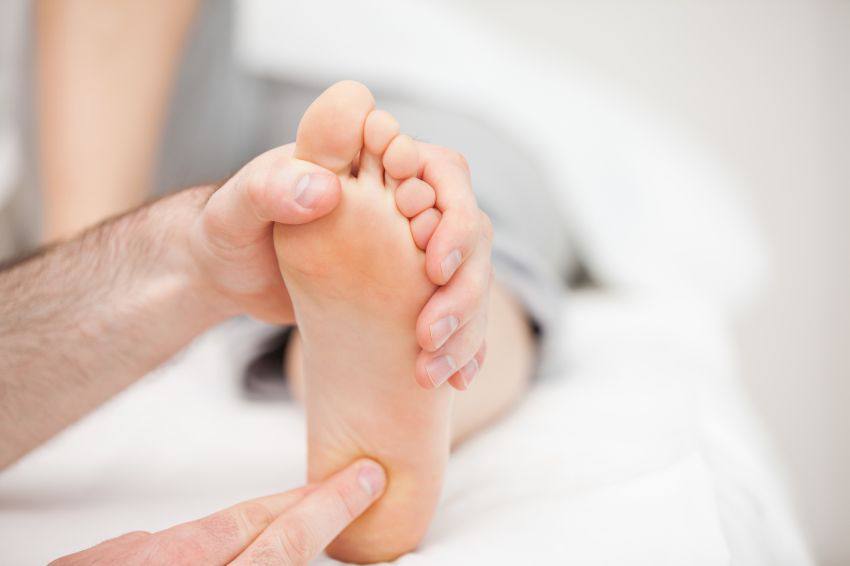Why travellers prefer Blue Cross
- Canada's #1 travel insurance brand and recognized worldwide
- Over 75 years of expertise in insurance
- $5 million travel insurance coverage, with or without deductible
- Flexible and affordable travel insurance solutions
- Free quote available online
- Travel assistance available 24/7 for any emergency, anywhere you travel

Are you aware of what OHIP doesn’t cover?
Published on: October 7, 2014
When it comes to health insurance in Ontario, one of the most common topics people wonder about the costs not covered by OHIP. Most people are aware of the basics, such as doctor’s visits and emergency health care, but what about other medical costs?
Costs that are not covered can sometimes be a grey area and cause some misunderstanding. Some services are covered, some are only partially covered and some are not covered at all.
David Jensen, spokesperson for the Ministry of Health and Long-Term Care, sheds some light on this topic in an article published in the Canadian Newcomer Magazine:
“OHIP provides funding for medically necessary physician services, certain dental services that are required to be performed in a hospital, and certain practitioner services that are therapeutically necessary.”
Jensen adds that a number of factors also come into play regarding whether you are covered, including:
- Your age
- Your source of income
- If you are enrolled in the Ontario Disability Support Program or Ontario Works
- If you have just spent the night in the hospital
Therefore, you may or may not be covered, depending on your specific situation. If you have questions, it’s important to talk to your physician or health care service provider before you undergo treatment. Visit Ministry of Health and Long-Term Care for more information.
Costs OHIP doesn’t cover
Here is a list of services that are typically not covered:
- Prescription drugs for individuals under the age of 65 (although medication while hospitalized is covered)
- Smoking cessation drugs
- Most alternative medicine consultations and treatments, including Chinese medicine, homeopathy, acupuncture and Reiki
- Physiotherapy treatments for people 20 to 64 years of age, unless they meet specific criteria
- Circumcision
- Dental care (unless you are on social assistance)
- Chiropractic services
- Items such casts, crutches and splints
- Eye care is covered only under certain circumstances
There are also many services from your family physician that are not covered, including:
- Immunizations for travel (hepatitis A, hepatitis B, Twinrix, HPV)
- Missed appointment fees
- Various treatments, such as cosmetic procedures, cryotherapy for warts and more
- Medical forms and notes
- Tensor bandages, splints and other medical supplies
Paying for costs that OHIP doesn’t cover
You a few options for paying for health care services that are not covered:
- You can pay for the service yourself
- Your group health insurance plan through your employer may cover the service
- You can buy private health insurance to pay for the service
Extra health care costs can add up in a hurry, and this is why it’s important for you to protect yourself and your financial situation by having an emergency fund or investing in a supplemental health insurance plan.
Purchasing private medical health insurance is a great option for individuals who do not have extra health insurance through an employer.